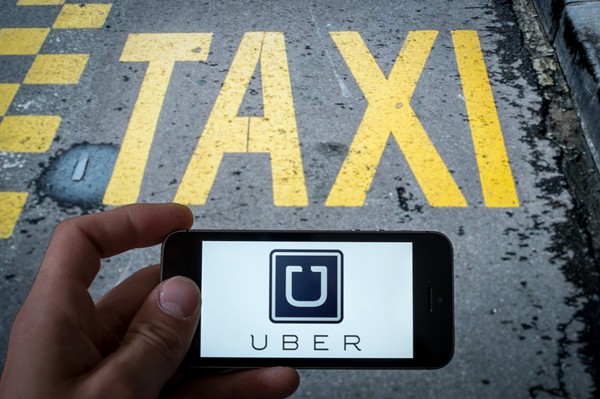Uber's New Business: Entering the AI Labeling Market
According to a report by Bloomberg, Uber is recruiting gig workers to enter the artificial intelligence (AI) labeling industry. This move indicates that Uber hopes to utilize its business model that relies on independent contractors to meet the demands of the rapidly growing machine learning and large language models.

Uber's new division, "Scaled Solutions", claims that it can connect enterprises with "meticulous analysts, testers, and independent data operators" through its platform. This is an extension of Uber's internal team, whose members are mainly located in the United States and India and are responsible for tasks such as testing new features and converting restaurant menus into options for Uber Eats.
Uber has already applied artificial intelligence and machine learning in its own business before, and now it has decided to provide these technologies to other companies for a fee. The company is recruiting gig workers for several enterprises including Aurora, Luma AI, and Niantic to be responsible for tasks such as data labeling, testing, and localization.
An important behind-the-scenes reality of AI model training is that it requires a large amount of manpower to complete tedious tasks such as selecting the most natural chatbot responses for humans or marking pedestrians in the footage of self-driving cars frame by frame. To complete these tasks, many AI model development companies usually hire workers from developing countries and pay relatively low wages. An Indian engineer told Bloomberg that they were asked to compare and rate the AI-generated answers to complex coding problems, and the payment for each group was 200 Indian rupees, which is approximately $2.37.
Currently, Uber is recruiting workers in multiple countries around the world, including Canada, India, Poland, Nicaragua, and the United States, and pays different wages according to the amount of tasks completed, with salaries being paid monthly. In addition, Uber is also looking for people with different cultural backgrounds to help AI become more adaptable in various markets.
It is worth mentioning that this is not Uber's first foray into the field of artificial intelligence. The company once invested heavily in the development of self-driving cars, but shut down the entire project after one of its vehicles caused the death of a pedestrian. In 2016, Uber also acquired an AI research laboratory founded by cognitive scientist Gary Marcus and other computer science professors.